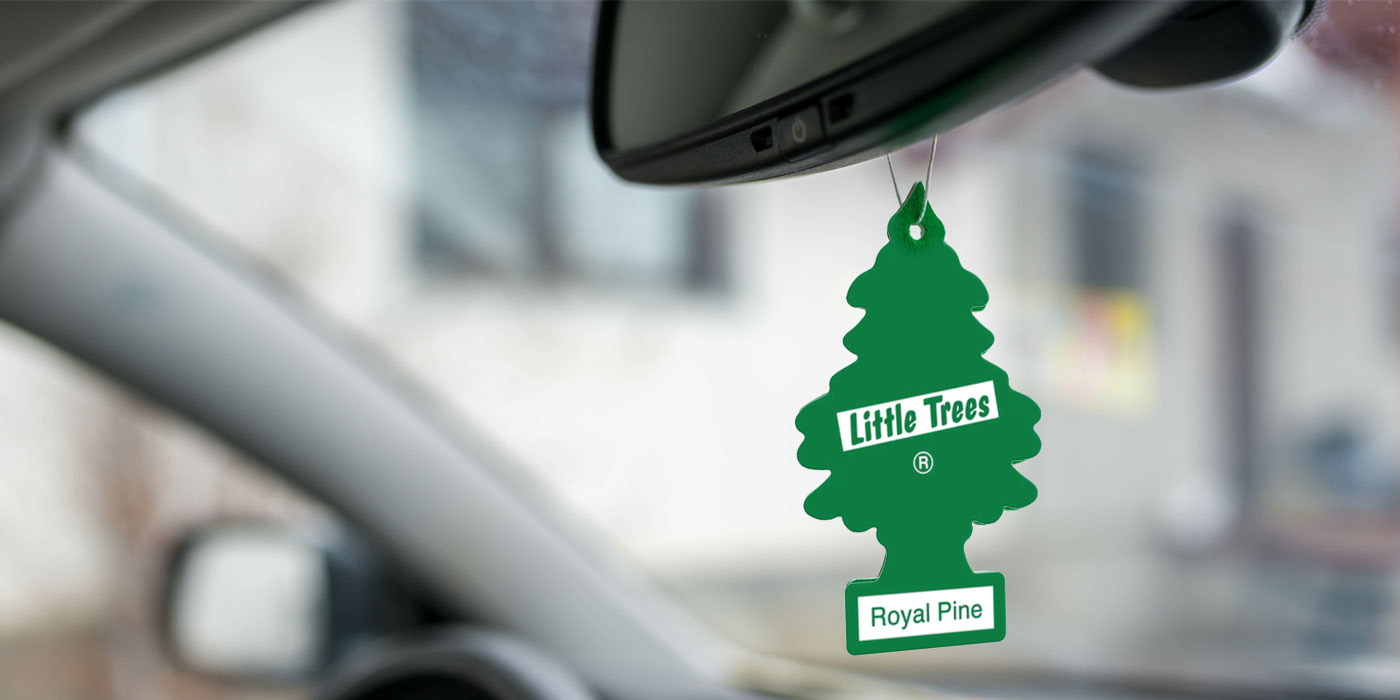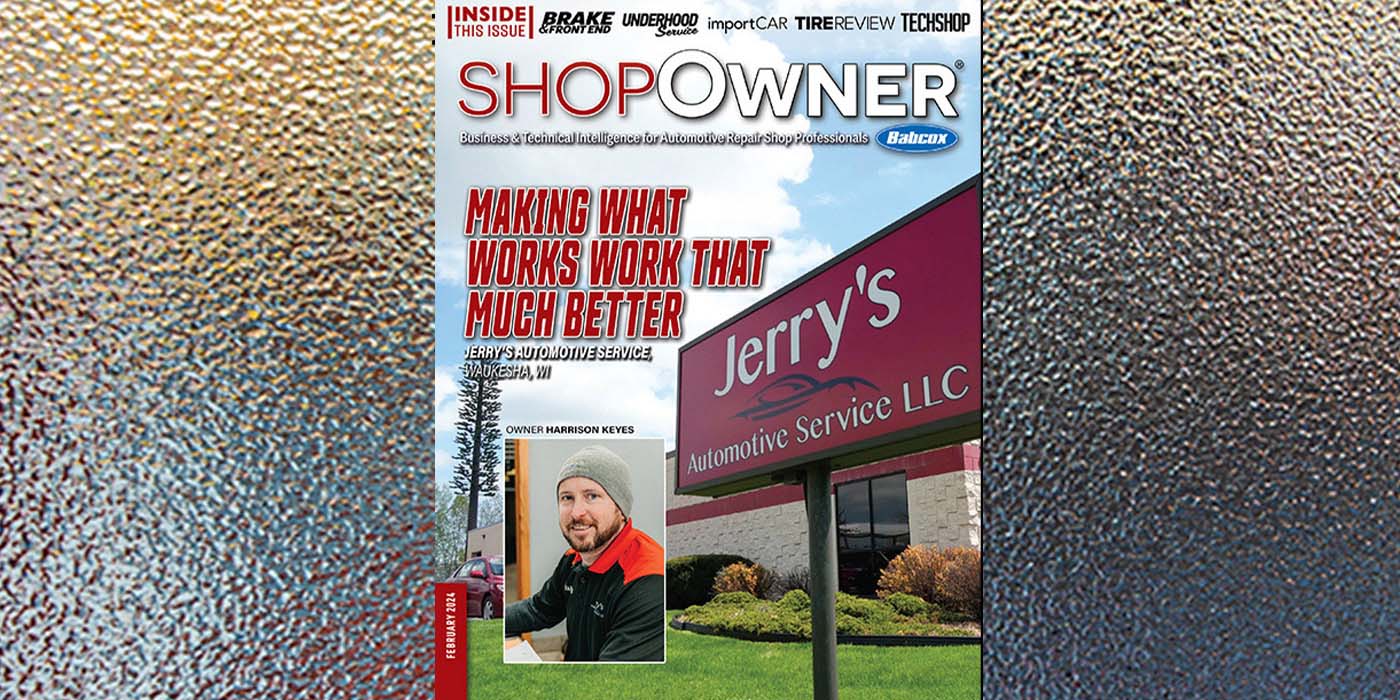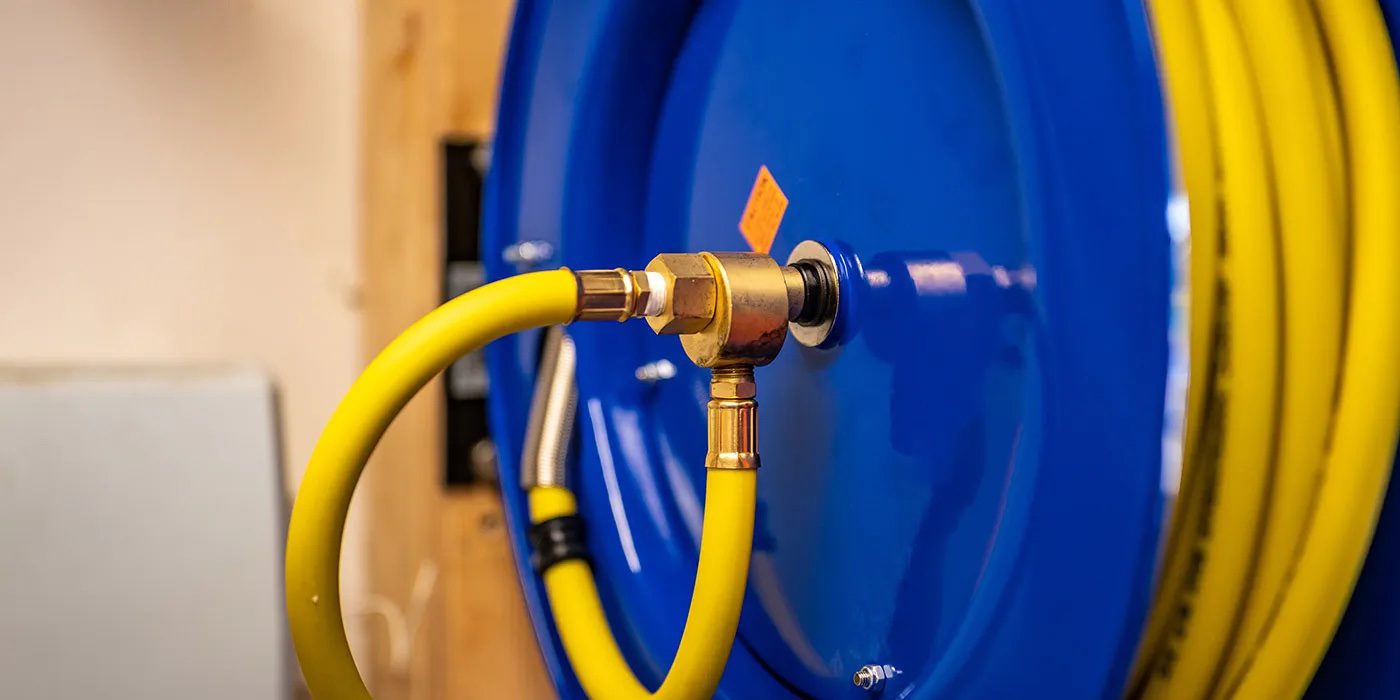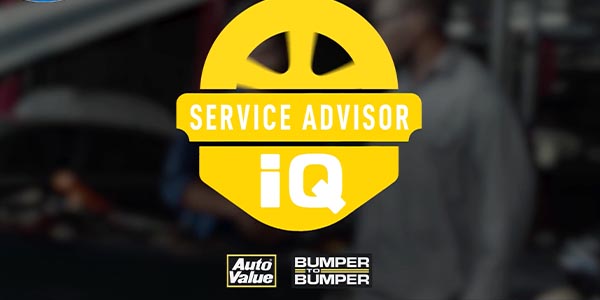I ran across an old binder I had when I was a service writer at a shop in 1996. There was a phone list for our local parts suppliers in the back of it. At the top of the list were the four first-call jobber stores. Below that list were another 10 specialty suppliers for items like radiators, speedometer repair and European parts. Every phone number was just seven digits because they hadn’t run out of phone numbers yet because of cell phones.
Twenty-five years ago, almost every part we ordered took at least two phone calls. The first phone call was for pricing and availability to build the estimate. Then, once you sold the job, you followed up with another phone call to order the part.
It was a great system because every phone number in the book connected you to a skilled parts professional who could find the parts you needed. If they didn’t have it, most of them would tell you where you might be able to find it with another local source. Beyond that, any counter pro could tell you where their driver was and the ETA to your shop. Remember, this was before everybody had a cell phone and GPS tracking.
The phone system for ordering parts utilized the intelligence of the technician, service writer and parts professional to get the correct parts for the vehicle. It was not exactly the most efficient way to write estimates or manage the repair order, but it got the job done.
In the past 25 years, things have changed with the Internet. Now, a service writer can find parts and even check inventory status from multiple vendors without any phone calls. The parts information can be loaded into the estimate and ordered with one click once the repair is authorized.
Does this mean the parts counter professional is no longer relevant? Not at all. This is especially true in the case of brake pads. First, you can enter the make, model and year into a parts catalog. Then, you can sort the results by availability, pricing, and even filter by brand. But, the one thing you can’t sort or filter is reputation.
Reputation is something that is earned. It is forged between the parts professionals and technicians. It is a symbiotic relationship where the two parties are vested in getting a driver back on the road.
While a catalog will tell you what will fit, it will not tell you if other shops have had issues with the part or if a better part is available in the inventory. This organic intelligence can translate into a successful repair or a comeback.
I am not saying you should call for parts instead of ordering parts online. But, you should value your parts professional for information and their knowledge about parts and brands more than ever. They also need your information about your experiences with parts or brands. So, pick up the phone sometimes to help this ecosystem of learning flourish.















I once worked with a Romanian technician named Alex. He was a tiny guy who chain-smoked. His greatest fear was not a totalitarian dictator. It was fire and falling cars.
Back in those days, we used drop lights with incandescent bulbs. This was long before LEDs and rechargeable batteries. The bulbs would typically stop working when they were lightly jostled. If they were dropped, the glass bulb would shatter.